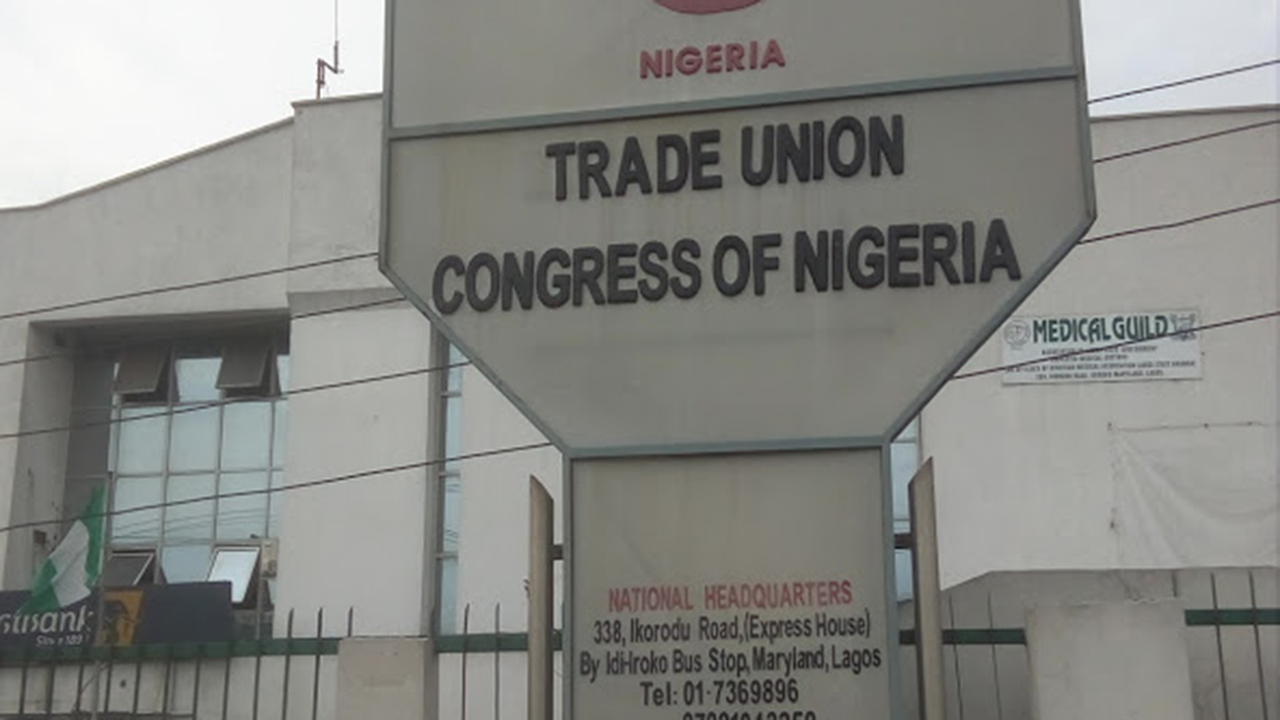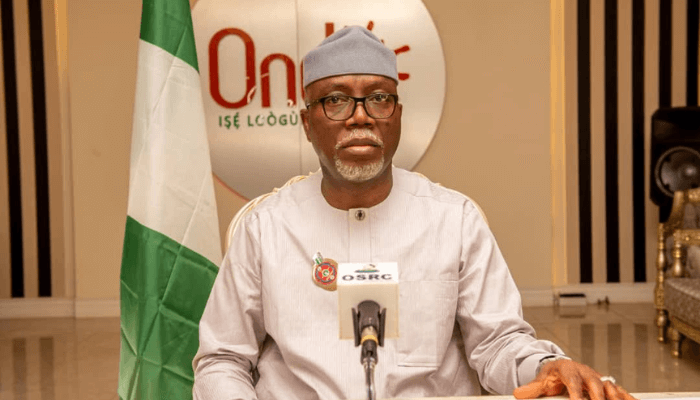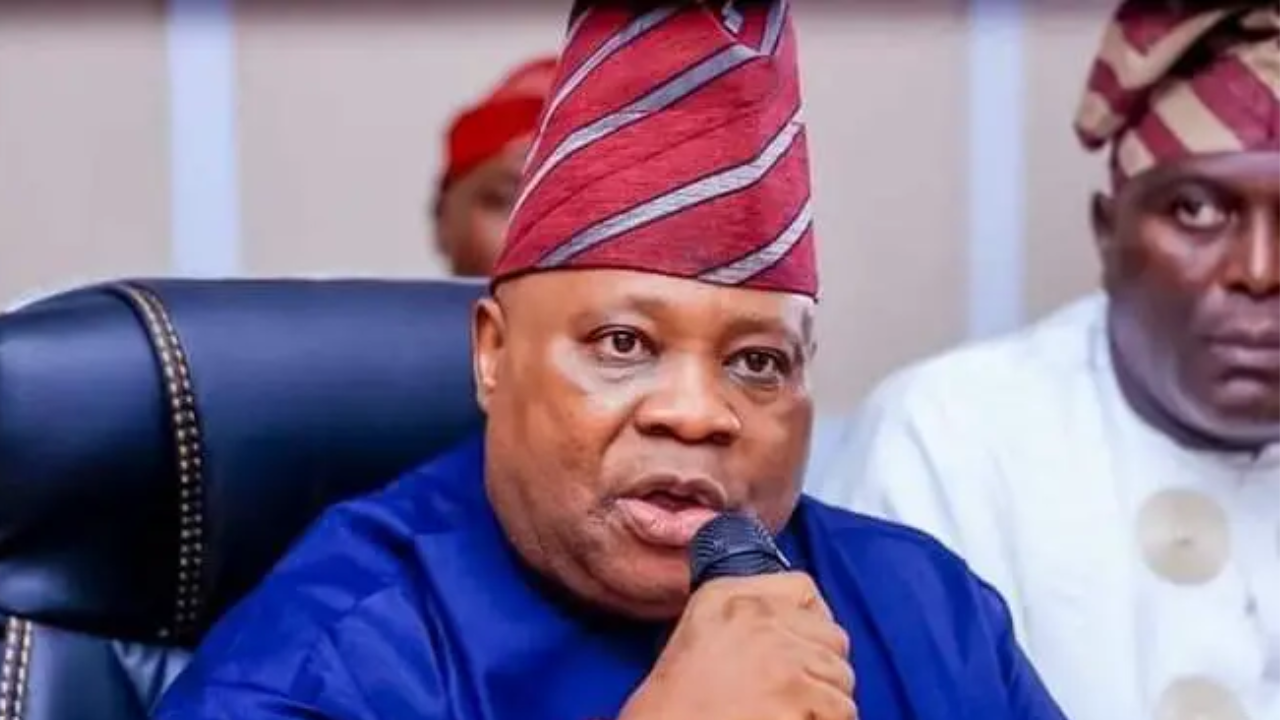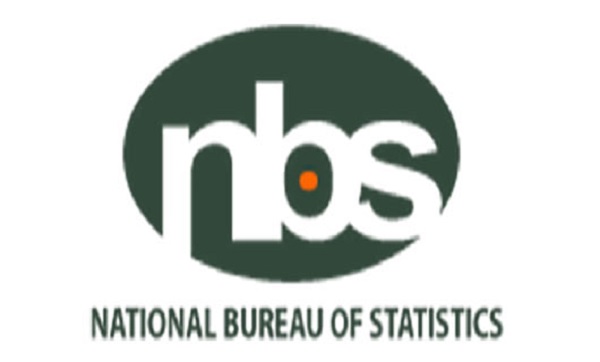On 11 July, the Supreme Court declared it unconstitutional for state governments to receive and control funds allocated to local government areas (LGAs) in their states.
The ruling provided a fillip to the financial autonomy of LGAs, and put to rest a controversy that had dominated political discourse in Nigeria for years.
Before the judgement, state governors exerted absolute control over federal allocations to LGAs, a practice which subverted fiscal federalism as enshrined in section 162 of the Nigerian constitution.
An analysis of data from the Federal Accounts Allocation Committee (FAAC) showed that state governments collected over N23.14 trillion meant for the local government areas in their states, within the last 16 years. The data sourced from the National Bureau of Statistics (NBS) is now available on a live dashboard designed by the Centre for Journalism Innovation and Development (CJID).
Every month, the three tiers of government receive allocations from the federation account according to a sharing formula drawn up by the Revenue Mobilisation Allocation and Fiscal Commission (RMAFC). While the federal government keeps 52.68 per cent of federal revenue, the 36 states and the Federal Capital Territory share 26.72 per cent, leaving 20.60 per cent to be shared amongst the 774 LGAs. Nine oil-producing states also receive 13 per cent of Nigeria’s federal revenue, namely: Delta, Akwa-Ibom, Bayelsa, Rivers, Edo, Ondo, Imo, Lagos and Abia.
State governments controlled over N23trn in LGA allocations
CJID’s analysis showed that between 2007 and 2023, state governments received N39.01tr in federal allocations. Within this period, five oil-producing states received the highest disbursements: Akwa Ibom (N3.38 trillion), Rivers (N3.29 trillion), Delta (N3.19 trillion), Bayelsa (N2.31trillion) and Lagos (N1.79 trillion). At the other end of the list are Osun (N569.70 billion), Edo (N624.30 billion), Gombe (N663.96 billion), Ebonyi (N671.95 billion) and Ogun (N687.34 billion), five states with the least allocations.
Similarly, N23.14 trillion was shared amongst the 774 local government areas, within the same period, with the following LGAs receiving the highest allocations: Mushin (N89.5 billion), Alimosho (N81.5 billion), Kosofe (N80.3 billion), Abuja Municipal (N80.1 billion) and Oshodi/Isolo (N73.6 billion). The least allocations within the same period went to these LGAs: Ilejemeji (N20.9 billion), Ede South (N20.89 billion), Ola-Oluwa (N20.79 billion), Ijebu North-East (N20.66 billion), Ifedayo (N20.51 billion).
Nigerians need credible journalism. Help us report it.
Support journalism driven by facts, created by Nigerians for Nigerians. Our thorough, researched reporting relies on the support of readers like you.
Help us maintain free and accessible news for all with a small donation.
Every contribution guarantees that we can keep delivering important stories —no paywalls, just quality journalism.

 While this funding was disbursed to assist governments at various levels in fulfilling their responsibilities, it has not translated to any tangible developments, especially at the grassroots where the local governments are directly responsible. Across the country, public primary schools and primary health centres, which are part of the statutory responsibilities of local governments, are largely in ruins. Ill-equipped, understaffed and lacking the basic infrastructure required to function effectively, these facilities have denied citizens access to quality basic education and effective healthcare services, over the years.
While this funding was disbursed to assist governments at various levels in fulfilling their responsibilities, it has not translated to any tangible developments, especially at the grassroots where the local governments are directly responsible. Across the country, public primary schools and primary health centres, which are part of the statutory responsibilities of local governments, are largely in ruins. Ill-equipped, understaffed and lacking the basic infrastructure required to function effectively, these facilities have denied citizens access to quality basic education and effective healthcare services, over the years.
The development deficit at the grassroots has largely been linked to the local governments being denied direct access to their statutory allocations from the federation account by state governments. Thirty-four out of the 36 state governments (representing 94 per cent) are in the habit of pocketing funds meant for local governments, according to the Nigeria Union of Local Government Employees (NULGE), a grassroots labour union.
Dissenting views and history of sabotage
While many hailed the Supreme Court judgement granting financial autonomy to LGAs as a victory for democracy and development, there were also dissenting opinions. The Oyo State Governor, Seyi Makinde, who could not hide his distaste for the apex court’s decision, dismissed it as a “mere distraction”.
![Seyi Makinde on Facebook]](https://i0.wp.com/media.premiumtimesng.com/wp-content/files/2024/06/437568913_967912571356599_7171832102486900895_n.jpg?resize=689%2C459&ssl=1) The Executive governor of Oyo state, Seyi Makinde. [PHOTO CREDIT: Seyi Makinde on Facebook]
The Executive governor of Oyo state, Seyi Makinde. [PHOTO CREDIT: Seyi Makinde on Facebook]
 ALGON Logo
ALGON LogoPreviously, there have been instances of open resistance against LGA financial autonomy. In May 2019, the 36 state governors under the aegis of the Nigerian Governors Forum (NGF) urged the then President Muhammadu Buhari to stop the Nigeria Financial Intelligence Unit (NFIU) from enforcing a directive restricting state governments from tampering with federal allocations to local governments. The governors approached the courts to challenge the directive, but their suit was dismissed. Interestingly, a similar suit filed by LG chairpersons in Akwa Ibom State was also thrown out.
The Supreme Court judgement ordering direct disbursement of funds to LGAs has attracted calls for state governors to immediately account for the local government allocations they have received over the years. “Implicit in the Supreme Court judgement is the requirement for the governors and FCT minister to immediately account for and return the funds meant for local governments but retained and used or allegedly misused by them,” a statement by the Socio-Economic Rights and Accountability Project (SERAP), read.
States race to conduct LGA polls, beat October deadline
Over 15 states have conducted elections into elective positions in their various local government areas, to beat the October deadline set by the federal government and state governors.
Following the Supreme Court ruling in July, both parties agreed that LGA elections must be held within three months (between August and October 2024). States without duly elected local government officials after the deadline would receive no federal allocations.
Delta and Ebonyi led in the 2024 local government elections rush, holding their polls in July, followed by Bauchi and Kebbi in August.
By October, several states, including Kwara, Anambra, Enugu, Sokoto, Imo, Akwa Ibom, Benue, Rivers, Kaduna, Kano, Kogi, Abia, Ogun, Nasarawa, Zamfara and Jigawa, had held elections to meet the deadline.
However, Katsina, Ondo, and Osun have scheduled their elections for early next year, while others are yet to announce dates.
Many of the LGA elections held have been alleged to be fraudulent as parties won almost every seat in states where they govern, deepening concerns over the credibility of the local government electoral process.
As the LG polls continue to roll out, constitutional lawyer Femi Falana urged Nigerians to take ownership and be actively involved in monitoring local government finances to enshrine a culture of accountability and encourage grassroots development.
“The judgement is going to advance the struggle for accountability if Nigerians can own the system. If Nigerians can prepare to monitor the activities of local government officials, state government officials, and federal government officials, this is the only way we can have political stability and security in our country,” he said.
Introducing CJID’s FAAC Dashboard
To help citizens access information on fiscal allocations to governments at all levels from the federation account, the Centre for Journalism Innovation and Development (CJID), through UDEME, its accountability project, has designed a live dashboard detailing disbursements to states and local government areas every month. On the dashboard hosted on the UDEME website, citizens can access disbursements to their states and LGAs from January 2007 till date.
 “It is our belief that this dashboard will further inspire citizens’ commitment to holding their elected representatives accountable,” Mboho Eno, who leads the CJID’s Accountability and Advocacy programme, said.
“It is our belief that this dashboard will further inspire citizens’ commitment to holding their elected representatives accountable,” Mboho Eno, who leads the CJID’s Accountability and Advocacy programme, said.
“For so long, attention has been on the federal government while little or no attention has been paid to the local governments. The Supreme Court judgement has provided CSOs an opportunity to be in the frontiers of transparency in governance through probing what LGA administrators do with their funds. This dashboard, I believe, will further accentuate the financial autonomy that has been granted by the courts.”
Mr Eno called on citizens, civil society and the Nigerian media to use the data available on the dashboard to engage and hold public representatives to account, which will in turn drive accountability in governance, especially at the grassroots.
Support PREMIUM TIMES' journalism of integrity and credibility
At Premium Times, we firmly believe in the importance of high-quality journalism. Recognizing that not everyone can afford costly news subscriptions, we are dedicated to delivering meticulously researched, fact-checked news that remains freely accessible to all.
Whether you turn to Premium Times for daily updates, in-depth investigations into pressing national issues, or entertaining trending stories, we value your readership.
It’s essential to acknowledge that news production incurs expenses, and we take pride in never placing our stories behind a prohibitive paywall.
Would you consider supporting us with a modest contribution on a monthly basis to help maintain our commitment to free, accessible news?
TEXT AD: Call Willie - +2348098788999

















 English (US) ·
English (US) ·